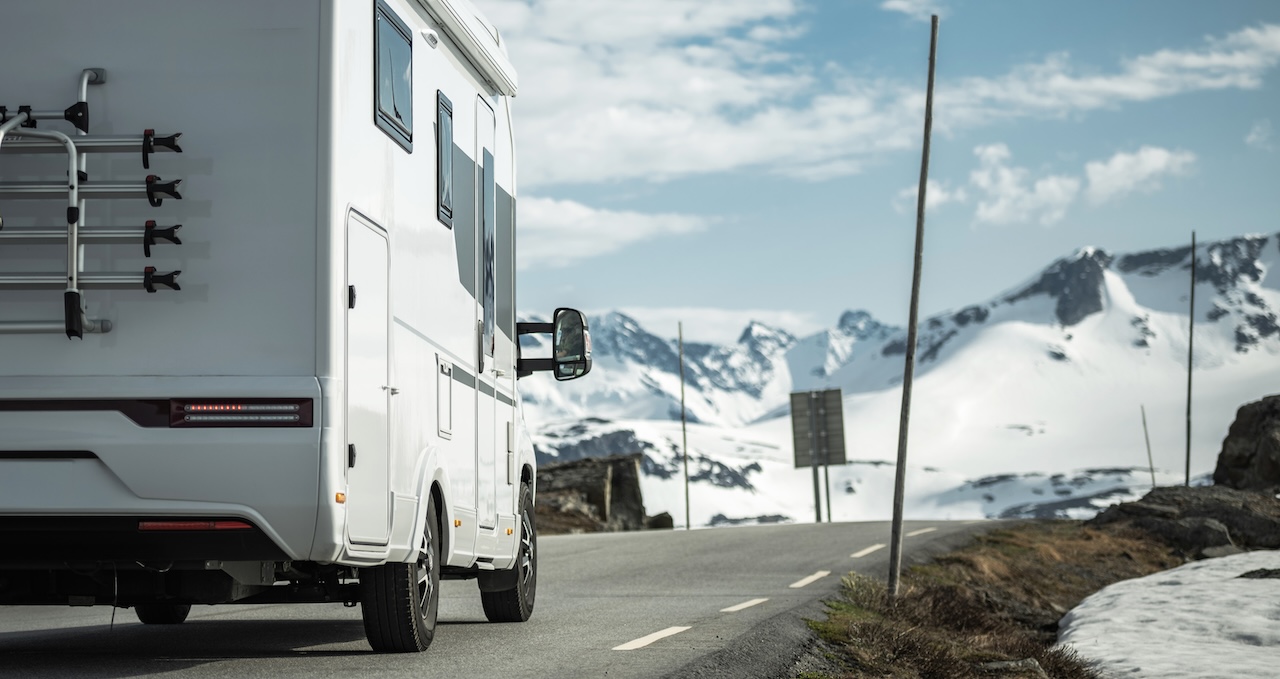What Happens if You Don’t Winterize Your RV Before Storage?

As the air turns chilly and the camping season winds down, it's time to think about putting your RV into storage for the winter. But before you park it for the season, there's an important task you can't afford to skip: RV winterization. If you've ever wondered what could possibly go wrong if you skip this step, this guide is for you.
What Is RV Winterization?
"Winterizing" is the process of preparing your RV's systems for cold weather to protect them from damage during storage. It’s a checklist that ensures your home-on-wheels is safe and sound until your next adventure.
Key steps typically include:
- Water System Protection: Draining all water from the pipes, tanks, and water heater, and then adding non-toxic RV antifreeze to prevent any remaining water from freezing and expanding.
- Deep Cleaning and Moisture Control: Thoroughly cleaning the interior to prevent mold, mildew, and pest infestations. This includes removing all food, emptying the fridge, and using moisture absorbers.
- Battery Maintenance: Disconnecting and removing the battery to store it in a cool, dry place. This prevents it from draining and potentially freezing, which can cause irreversible damage.
- Tire and Seal Inspection: Checking tires for proper inflation and covering them to protect against UV damage. Inspecting all exterior seals, seams, and the roof for cracks or gaps is also vital to prevent water leaks.
Proper RV winterization safeguards your vehicle's plumbing, interior, exterior, and mechanical systems from the harsh realities of a cold, inactive winter.
The Costly Consequences of Skipping Winterization
Failing to winterize your RV can lead to a series of expensive and time-consuming problems. Here’s a look at what can happen if you leave your vehicle unprepared for the cold.
Plumbing Damage from Freezing Water
This is one of the most common and costly consequences. Any water left in your RV’s plumbing system—including pipes, faucets, toilets, and water tanks—will freeze when temperatures drop.
As water freezes, it expands, putting immense pressure on your plumbing. This can cause pipes to crack, fittings to burst, and your water heater to rupture. Repairing a damaged water system can easily run into thousands of dollars.
Mold and Mildew Growth
Even small amounts of trapped moisture from condensation or minor leaks can create the perfect breeding ground for mold and mildew. If the interior isn't cleaned and aired out, you could return in the spring to find your upholstery, curtains, and carpets covered in damaging and unhealthy fungal growth.
Remediation is often expensive and can involve replacing entire sections of your RV’s interior.
Battery Failure and Electrical Issues
A battery left connected in a cold RV will slowly lose its charge. A fully discharged battery can freeze, causing its internal plates to warp and crack, rendering it useless. You'll be met with the expense of a new battery and the frustration of being unable to start your RV when you're ready for your first spring trip.
Tire Flat Spots and Cracking
When an RV sits in one spot for months, its tires can develop flat spots from the constant pressure. Cold temperatures can also make the rubber brittle, leading to cracks in the sidewalls. This compromises the safety and integrity of your tires, often requiring a full replacement.
Exterior Seal and Roof Damage
Winter weather can be tough on your RV's exterior. Without a proper inspection, small cracks in seals around windows, doors, and vents can allow water to seep in. When this water freezes and thaws repeatedly, it widens the cracks, leading to significant leaks and potential water damage to the RV’s walls and roof structure.
Protect Your RV with Proper Storage
Proper RV winterization is non-negotiable for protecting your investment from costly damage. Pairing these preparations with a secure storage solution provides the ultimate peace of mind.
At Hawkeye Storage in Danville, IN, we offer a range of RV storage options to keep your vehicle safe all winter long. From covered parking to fully enclosed private bays, our facility is designed to protect your RV from the elements.
With 24/7 gated access and a clean environment, you can rest easy knowing your home-on-wheels will be in top condition for your next season of adventures!
Don't risk expensive repairs. Winterize your RV and store it with us. Contact Hawkeye Storage today to find the perfect storage solution for your rig.
